Summer is almost here and that means summer vacations, picnics and plenty of sports. It also means outdoor cooking and lots of it. However your summer BBQ shouldn’t be taken lightly given how it’s far more dangerous than people usually realize. Too often a summer BBQ involves three volatile things: toxic fuel, fire, and grease. In many cases these dangers are made worse by alcohol.
But it’s just summer fun, you say? Of course a summer BBQ is fun and grilling is a favorite pastime given how 3 out of 5 American households have a grill. This, however, does not minimize the dangers grilling poses.
Just look at these statistics:
-
Almost 17,000 people had to go to the emergency room in 2012 due to injuries involving grills.
-
16% of household fires (1 in 6!) involved items too close to grills catching fire. This caused $96 million dollars in property loss.
-
Gas grills accounted for 4 out of 5 home fires with charcoal grills accounting for the most injuries.
-
22% of burns associated with grilling happened to children under the age of 5 from touching the heated grill itself.
So the dangers of grilling are very real but can be easily mitigated by being mindful of the following tips.
Basic Fire Safety
Regardless that it’s confined to a grill, fire is dangerous no matter what. Not only is the fire itself dangerous but it heats the grill, your cooking tools and the food itself. Therefore it is important that you:
-
Have a fire extinguisher handy: Since food is involved, it is best to have a Class K type fire extinguisher which is designed to extinguish fires involving fats, oils and grease.
-
Use the proper tools: Ensure you cooking tools have anti-heat grips and be mindful of using metal plates or pans which can heat up while you’re cooking.
-
Safety Check: One out of five gas/propane grill fires were the result of leaks. So be sure to check your grill thoroughly before starting to cook. Some dish soap and water on the hoses will highlight leaks.
-
10 Feet: This is the basic, rule-of-thumb distance of how far your grill should be away from anything.
-
Read the Manual: It sounds basic but too many people never bother to read their gas grill manual and thus fall victim to preventable accidents.
-
Alcohol & Cooking: Just like drinking & driving, don’t drink and grill.
-
Attention to Detail: Never leave your grill unattended and be sure to keep small children away.
Smoke
While a great flavor in your food, try to minimize the amount you breathe in. This is especially true for people who suffer from asthma or allergies. Plus grill smoke contains cancer causing polycyclic aromatic hydrocarbons which are created when grease burns. Also be mindful where your smoke might blow while you’re cooking.
Gas/Propane Dangers
Many fires or flare-ups happen when the gas is on and there is a delay in lighting. If this happens, turn off the grill and wait a bit before trying again. ESPN sports-anchor Hannah Storm was injured in just such an incident after wind had blown out the pilot-fire.
Charcoal Dangers
Getting charcoal to light is the cause of many fires as well as flash burns. The best way to avoid this danger is also the better environmentally option. Lighter fluid is toxic and very dangerous. So start your charcoal instead by using a charcoal chimney or electric charcoal starter.
Grease Fires
Flare-ups from grease account for many of burns associated with grilling. While something which cannot be removed, it’s something to be mitigated. The first step in avoiding flare-ups is ensuring your grill is clean to start with. This can be done with a green, environmentally safe mix of baking soda and vinegar. Additionally many swear to rubbing an onion after the grill has cooled down but still warm. Also be sure to clean the bottom of the grill where grease accumulates.
Food Safety
Obviously any food made and eaten outdoors has an increased danger of spoilage. So be sure you are aware of basic outdoor food safety. In regards to grilling, ensure you have a meat thermometer. Too often meat is charred on the outside but not cooked through enough on the inside. A meat thermometer takes the guess work out. Additionally for safety and culinary reasons, one should tent meat in foil after cooking before serving.
Using a public grill for your summer BBQ is common so you don’t want to skip cleaning the grill carefully. Beyond the possibility of rust, you have no idea what’s landed on the grill especially those which are closer to the ground.
A summer BBQ shouldn’t end in tragedy. By keeping these things in mind, your summer BBQ will be fantastic and fun and not end in flames and a house fire!
